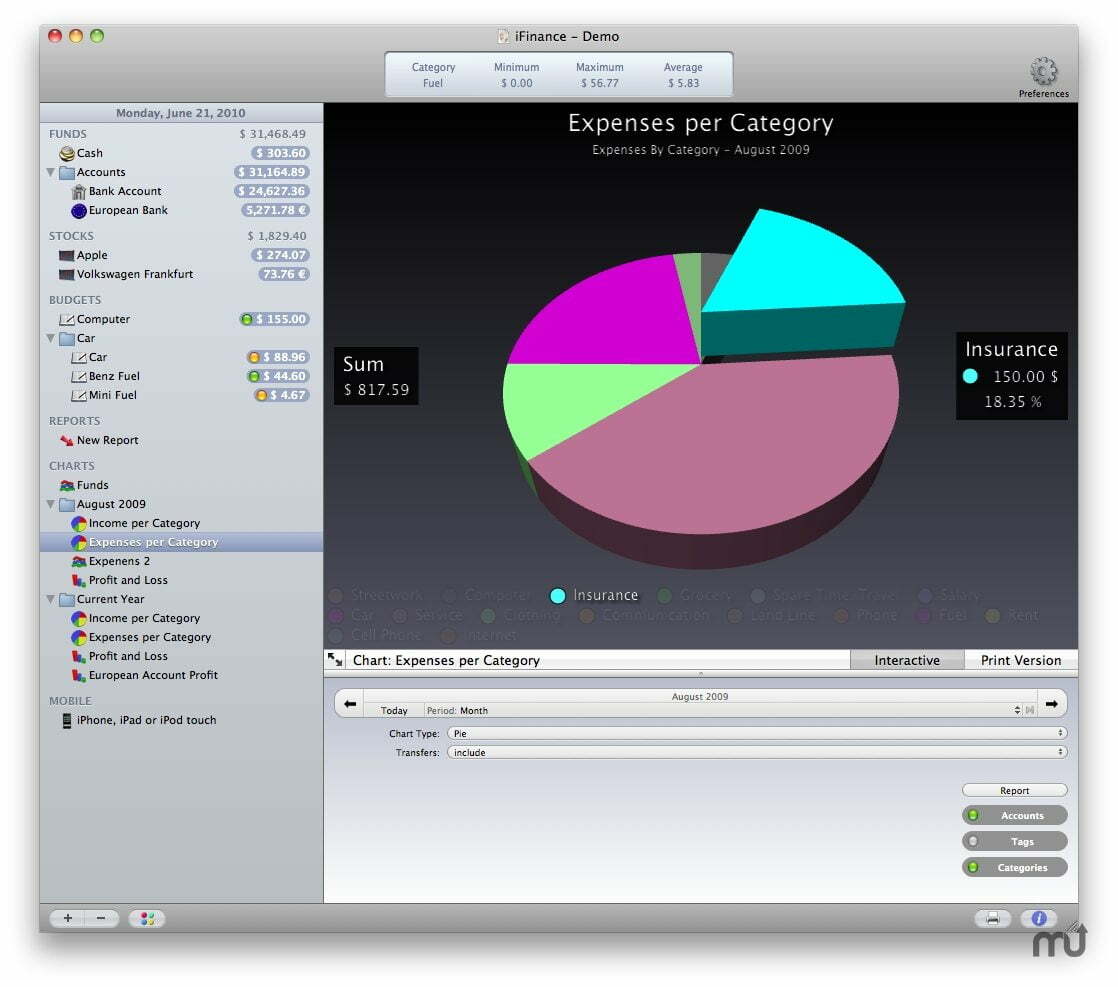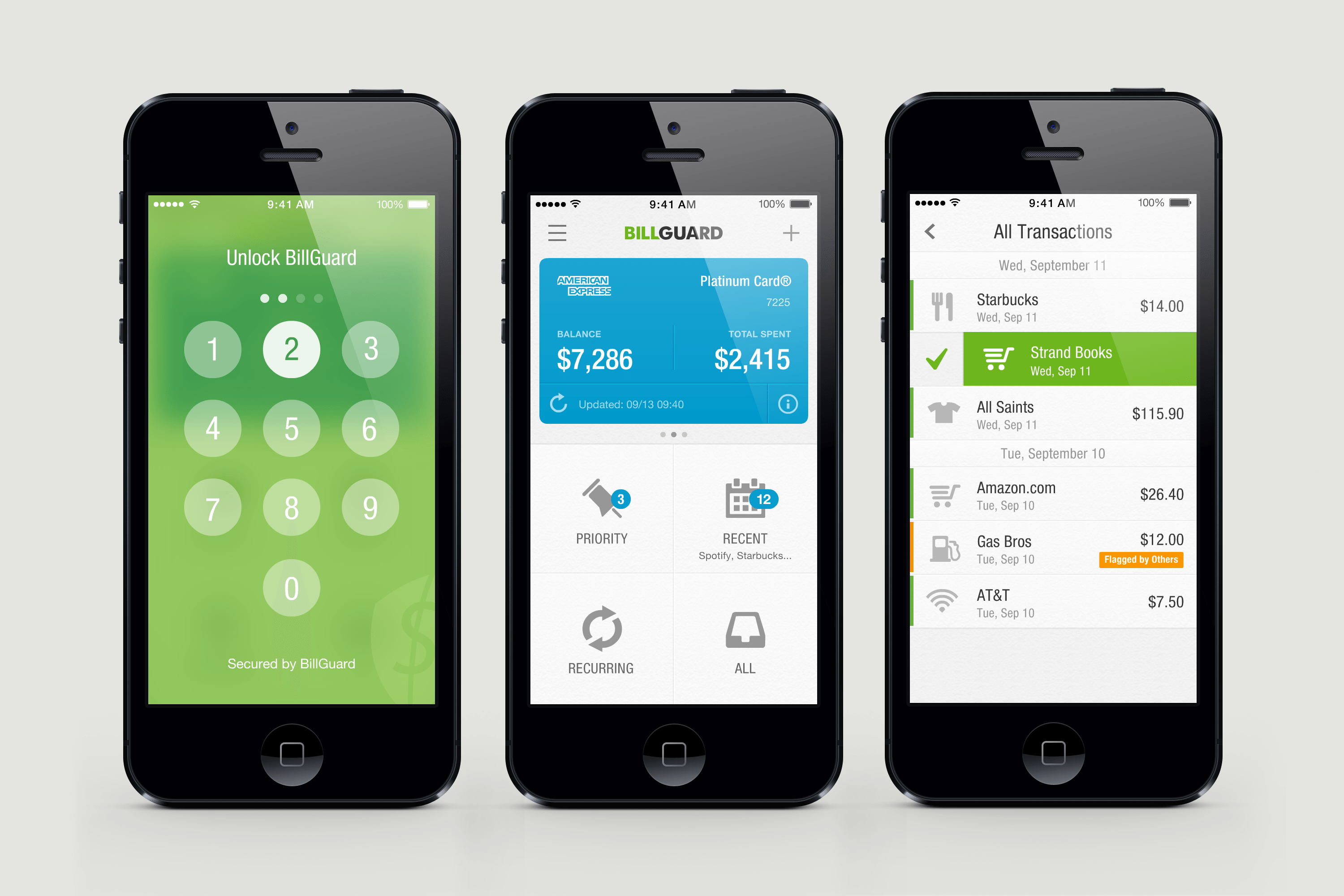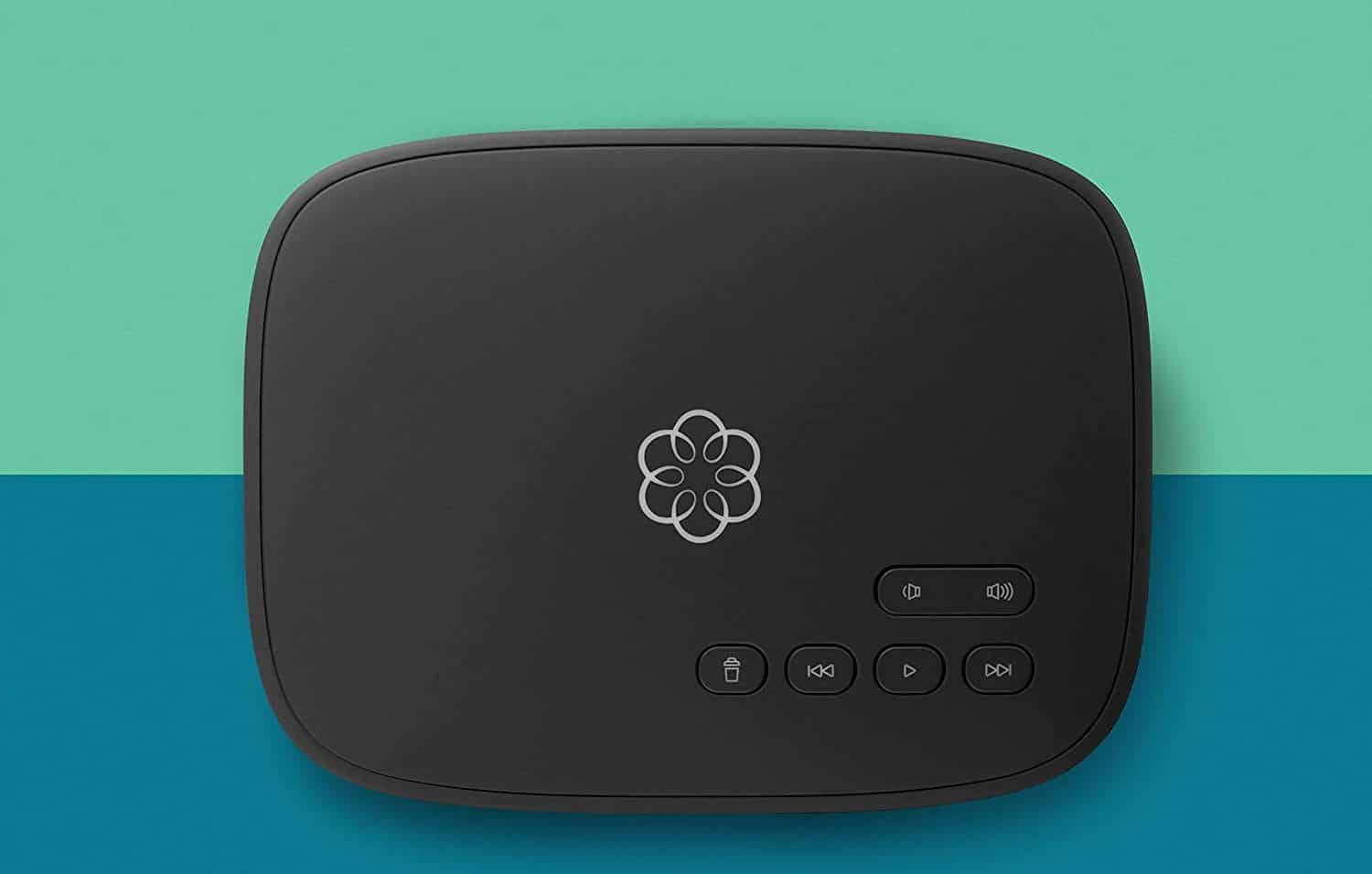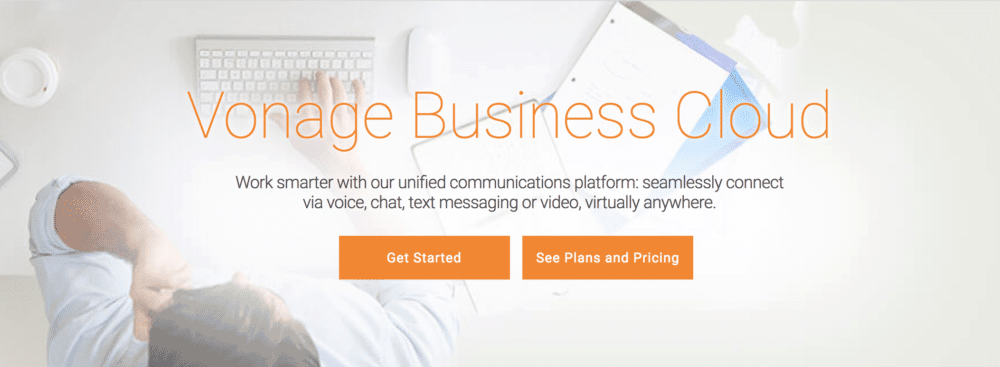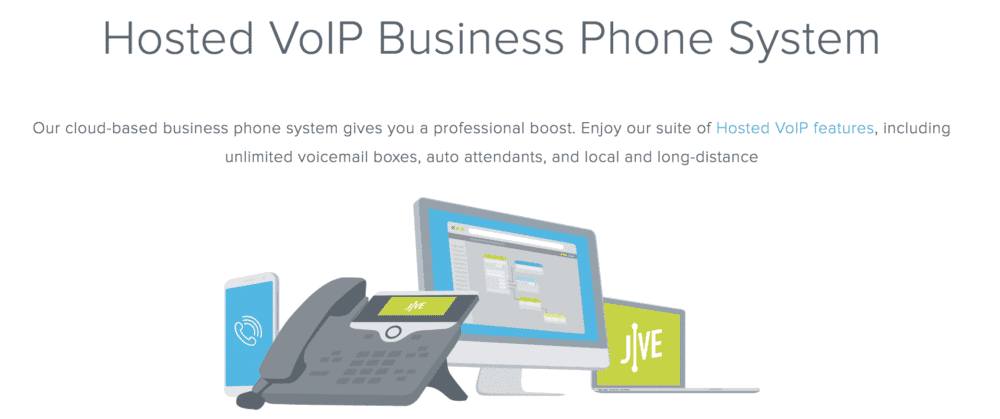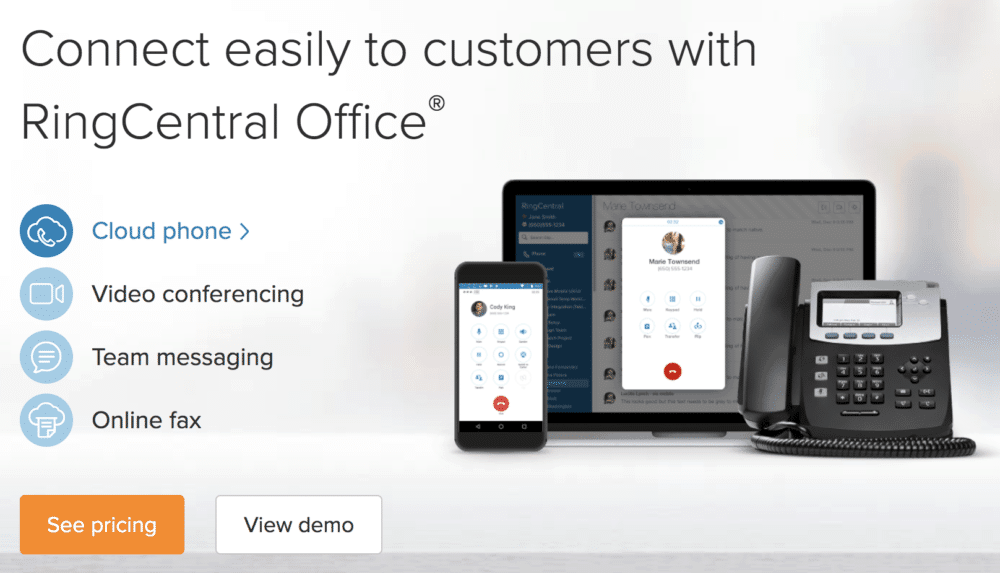Anyone who owns or runs a small business knows that when it comes to the monthly bills, anywhere you can save a few extra bucks can mean the difference between seeing a green or black mark on your balance sheet. And this is when finding the best business VoIP providers becomes a MUST.
This is why over the past several years more small business owners have started porting their traditional landline phone systems over to VoIP instead, but what exactly are the benefits of going all digital for your communications, and what are the risks associated with them compared to standard phone plans?
Read on in our guide to how switching to VoIP can benefit small business owners to find out!
And in case you’re wondering what are the top VoIP companies for a small business, here is our list:
- Ringcentral – Unparalleled customer service and an excellent product with competitive pricing
- Jive – The biggest downside to Jive is their lack of unlimited international calling, unlike Ringcentral.
- Vonage – the well-known brand provides excellent VoIP, but they lack 24/7 support and unlimited international calling.
Benefits of Switching to VoIP for Small Business Owners
Reduced cost
Right now the most common reason so many small businesses are choosing VoIP subscriptions over landlines is the drastic savings you get when you switch from landlines to an all-digital communication network.
Some business owners report saving upwards of 80-90% when they switch to VoIP services, however the amount you can expect to save may vary depending on several individual factors including the number of employees working at your company, the service you choose to go with, the equipment needed to get your new system up and running, and the bandwidth requirements you’ll need to keep a consistent connection during peak use hours of the day.
Providers like RingCentral have some innovative ways of reducing the upfront cost of switching, thanks to technologies that allow you to keep your old traditional phone equipment and upgrade it to a fully-functional VoIP option with only a few tweaks added to the backend.
Not only that, but international calls become drastically cheaper on a VoIP network, so if you do a lot of business with customers outside your home country you won’t find yourself watching the clock every time you have another conference call between people sitting in different rooms scattered around the globe.
Scalability
With VoIP a small business that’s growing quickly can easily transition their modest network into a larger one, and rapidly respond to the addition of new hires whenever they come on board.
Whether you start with 10 employees or a few hundred, the option to quickly get new numbers and extensions integrated into the system is something that’s unique to VoIP, and often doesn’t even require you to buy another handset or additional equipment if you choose to go the route of keeping their entire phone tied to an employee’s desk computer/smartphone instead.
Call Flexibility
“Can I call you back in a few minutes? Hopping on the road and need to switch over”. Nobody likes to leave a client hanging in these types of situations, especially during important sales calls that might make or break your business. This is where call forwarding comes in.
Many modern VoIP systems allow you to seamlessly transfer your desk-based call right to an app on your smartphone, meaning you never lose connection and are free to roam wherever you please without your client being any the wiser.
This system also makes it easy to forward a call directly to your smartphone, just in case it comes in while you’re not physically sitting at your desk. This sort of availability and rapid response can be a huge bonus for small business owners who need to stay in constant contact with both their clients and their employees.
Extra Features
Continuing on the thread of flexibility and usability, the number of added things that a VoIP system can do for your business over a traditional phone system number in the dozens. It would take an entire other article to list them all here, but as a quick summary of some of the cool things you can do using a VoIP system check out the list that the VoIP provider Jive offers in the screenshot below:
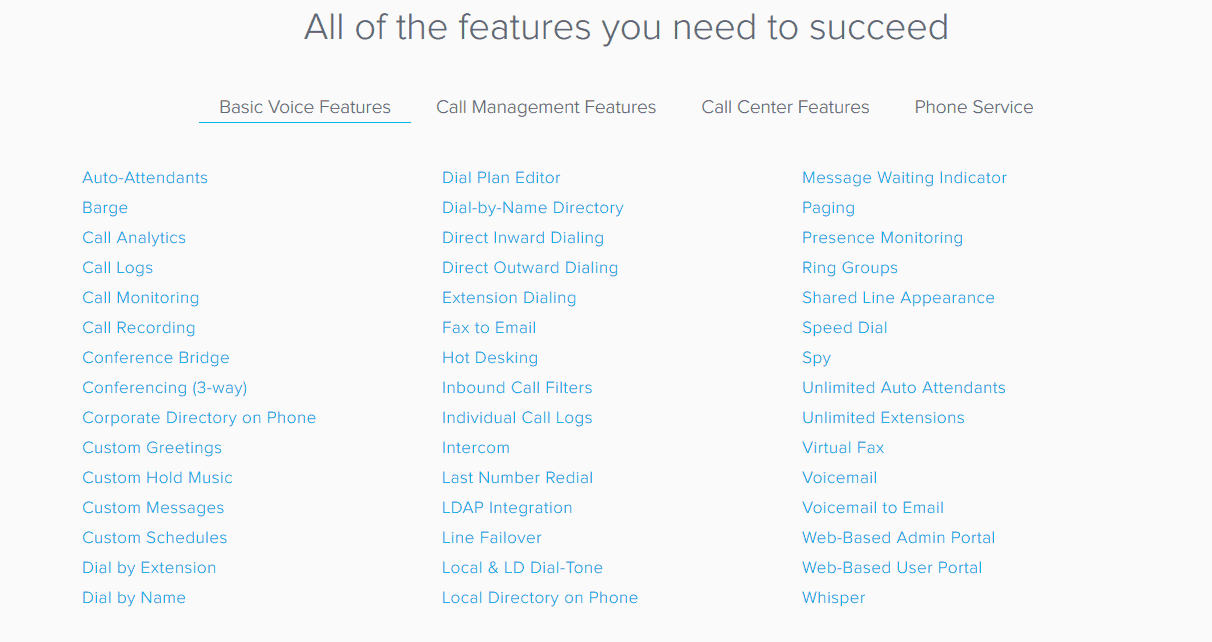
And of course, this only covers the basic lines, and that list continues to open up further depending on the level of subscription you go with and the requirements that fit your business specifically.
Things to Consider Before You Switch
Although there are plenty of good reasons why a small business owner should consider switching over to a VoIP system from their traditional network, it’s not 100% roses and sunshine on the other side of the fence. Here are some risks and drawbacks any small business owner should consider before they make the jump.
Limited Bandwidth
Like any service that works over the internet, the call quality and capabilities of a VoIP system are ultimately going to rely on the amount of bandwidth that’s available to go around on your network.
For example, if you’re running a business that has 25 employees and you expect that upwards of 10 of them could be on simultaneous calls at any given point during the day, it’s recommended that at the bare minimum you have a connection that can spare an extra 5-10Mbps of bandwidth to keep quality clear throughout the course of the call.
The problem with calculating these numbers outright, however, is that the other activities on your network that eat up bandwidth can fluctuate throughout the day, with more emails and conference calls happening in the morning while big database updates or file downloads might only spin up the network after lunch.
Our recommendation is to run a few bandwidth tests on your current network and keep them on for several days around the office. Check to see what kind of bandwidth your employees are using on average with the traditional phone system installed, and then incorporate in the math we gave you above (1 caller per Mbps) to see if your current network can handle it.
If not, it’s a good idea to get in contact with your ISP and see if they offer upgraded plans in your area that would leave some breathing room for the new VoIP connection. It also bears mentioning that these figures are for direct VoIP only, and don’t incorporate the increased load you might see if you’re running a lot of conference calls or utilize the video calling features that many VoIP providers offer as an added bonus to your plan.
VoIP Needs Power
Most VoIP systems (though not all, depending on your personal configuration), will require a reliable power source led to both the provider’s hardware and any computers you have installed with their software. Traditional phone systems are able to still function even if your building temporarily loses power, which is why if you do transition to a full VoIP network you should make sure you have some kind of backup power source installed to guarantee you never get cut off in the middle of a call just because a squirrel got too curious and fried a transformer on the poles outside.
Security
Finally, just like any product that relies on the internet to transmit information to and from your business, the security of that connection should always be a top concern. Unlike traditional phone systems which require a fair bit of know-how and physical hardware placed somewhere in your building to tap their lines, just about any script kiddie with enough time and the means to fund their operation could theoretically listen in on your VoIP calls with a few lines of malicious code.
This is why it’s vital that you keep your employees constantly trained on the ways to spot and mitigate threats online, just as you would to protect their email accounts or anything else that might be transmitting sensitive information over the web.
This goes doubly so for small startups that need to protect their intellectual property during the early development stages, or any businesses that are currently waiting for a patent and may not have the option to go after an imitator during the rougher early months of design and testing. Before switching over to VoIP you should employ the services of a third-party threat management group to give your network a full security audit, and only install the new VoIP network once you’ve been given the all clear on that end.
Wrap Up
There are a lot of benefits that VoIP systems can bring to small business owners, many of which transcend the capabilities of a traditional phone system far beyond what they’re capable of. Whether you’re just starting out or rapidly expanding your empire, VoIP networks can be the perfect solution that growing employers need to adapt to the needs of their business, their employees, and their clients with the push of a button.
Related Articles:
- Why is RingCentral the Best VoIP System for My Small Business
- How VoIP Can Benefit Small Business Owners
- Jive Review: Robust Reporting and High Call Quality
- RingCentral Review: Budget Friendly and Feature Heavy
- RingCentral vs Vonage: RingCentral is Better for Business
- Landline vs VoIP: Which Works Better for Your Business and Why
















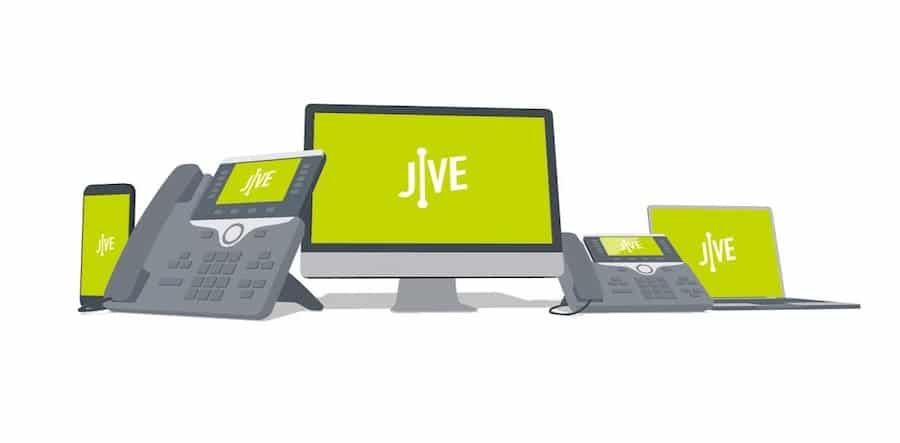
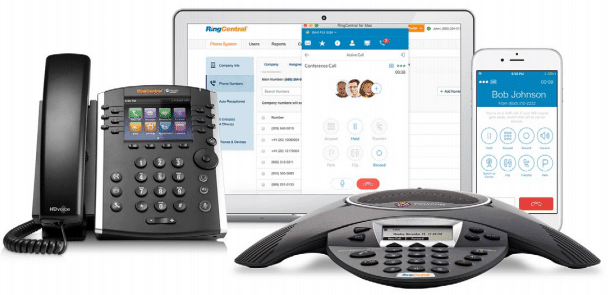


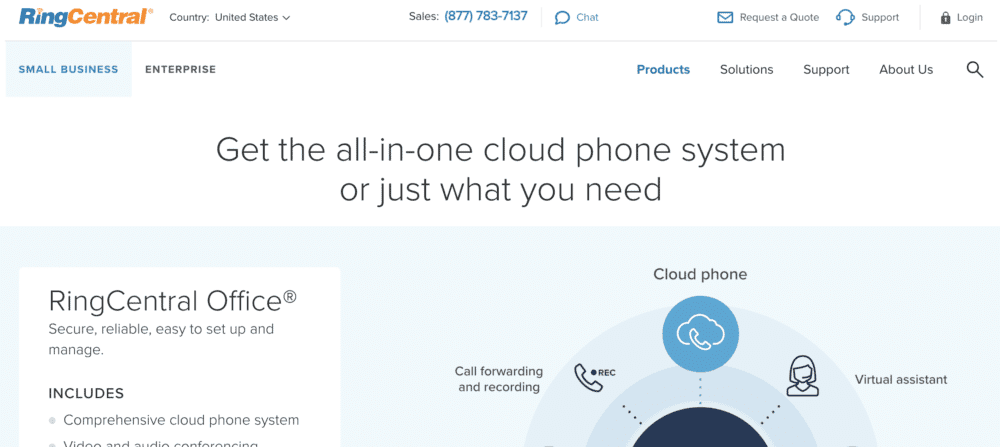
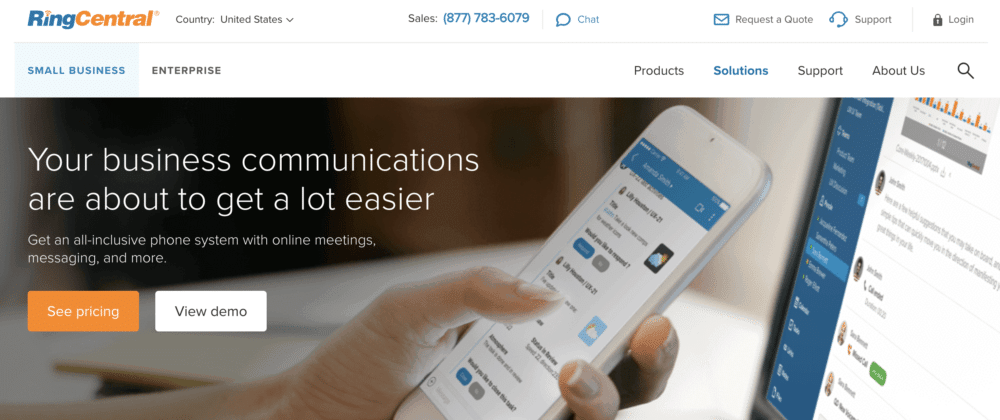
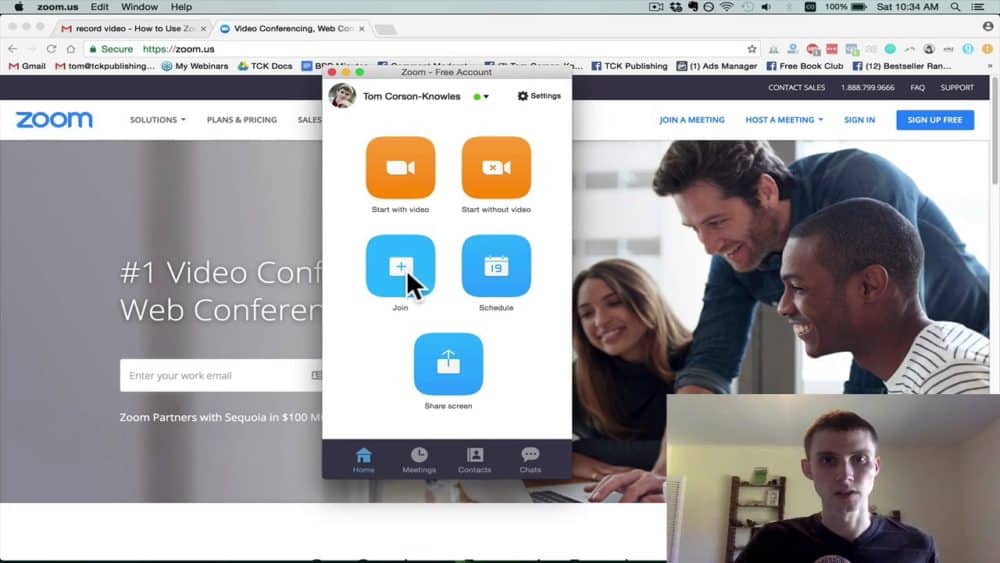

![Best VOIP Service in [year] ([month] Reviews) 18 Best VOIP Service in 2025 (April Reviews)](https://www.gadgetreview.dev/wp-content/uploads/RingCentral-Best-Business-VoIP-2016-900x350-1.jpg)
![Best Software & Apps in [year] ([month] Reviews) 19 Best Software & Apps in 2025 (April Reviews)](https://www.gadgetreview.dev/wp-content/uploads/LastPass-750x504-1.png)






![Best Antivirus Software for [year] 26 Best Antivirus Software for 2025](https://www.gadgetreview.dev/wp-content/uploads/best-anti-virus-software.jpg)
![Best RPG Games for iPhone [year] 27 Best RPG Games for iPhone 2025](https://www.gadgetreview.dev/wp-content/uploads/top-iphone-rpg-games.png)
